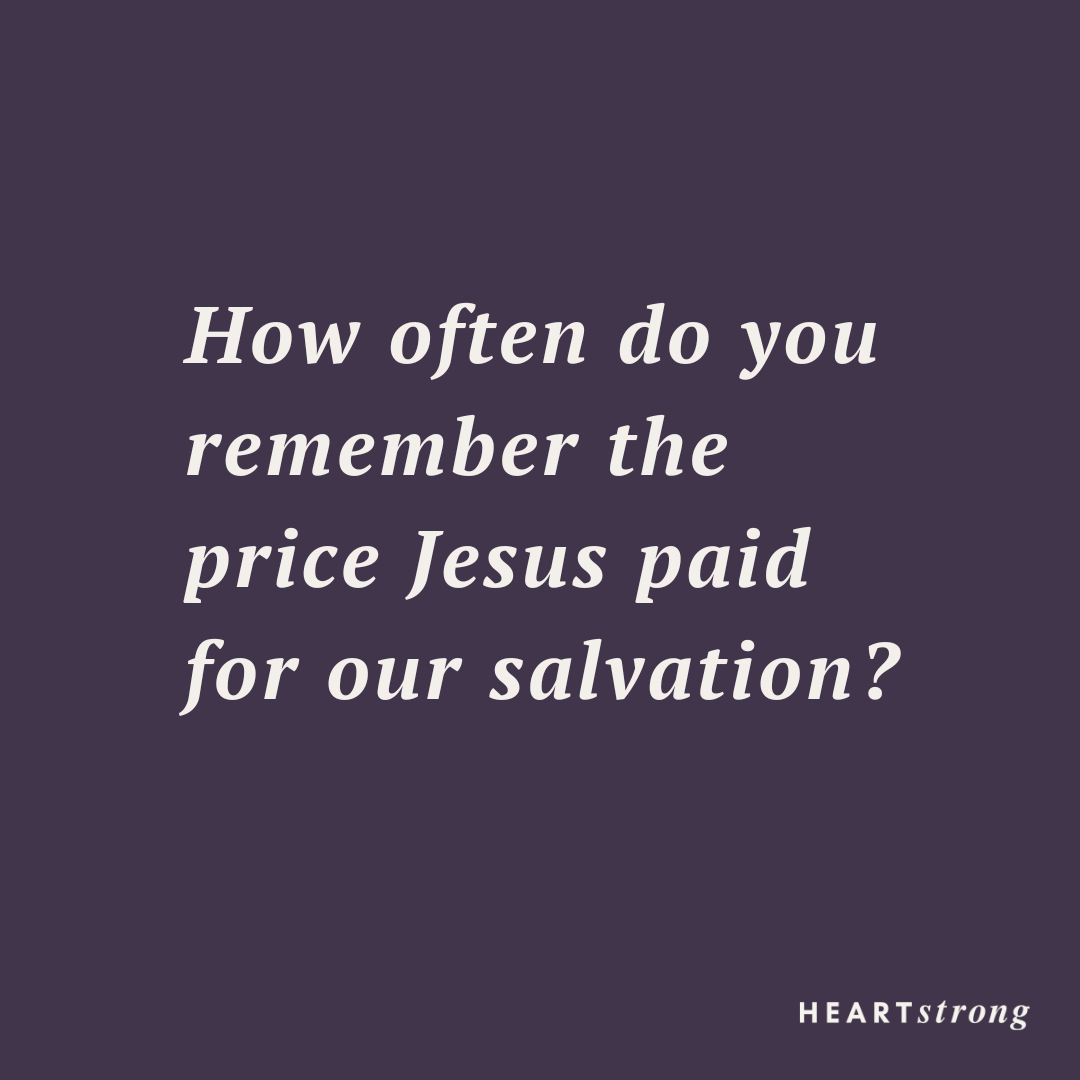“I see a roller coaster!” my brother shouted as he bounced on the back seat beside me. “It’s huge!”
While I didn’t share his excitement to ride on something that took me to great heights and teased my body’s digestive capabilities, I knew more wonderful things awaited inside the park.
This family vacation was different from our past summers. We still traveled with my aunt and uncle and their two girls, but this year, the men had unhitched our trailers in New Brunswick and headed the cars to Ontario. It was our first visit from Newfoundland since my dad’s Bible college years when I was little, and we had lived in the Peterborough area. This time we were tourists, and Canada’s Wonderland was one of the planned stops.
As we pulled into the parking lot, I glanced at my uncle’s car, noting that my cousins seemed to have eaten the same jumping bean lunch as my brother. As the oldest, I rolled my eyes at their childish exuberance but couldn’t deny that my heart bounced eagerly inside my chest. I saw one of the girls point, and I glimpsed the tips of large colourful rides through the trees. We’d never been to Disney World, but I figured this might be a runner-up to the thrill of going there.
My parents read the admission prices from the big sign outside the gate, and my mom did the math impressively fast. “Eighty-five dollars!” she exclaimed. “It will cost eighty-five dollars for the five of us to get in.”
Her tone dampened my excitement, and my heart fell when I saw my father shake his head.
“That’s too much,” my mom said. “We can’t justify spending nearly a hundred dollars on a few rides.”
Something large in my throat threatened to choke me. A pool of tears trying to force its way out, maybe?
Dad started the engine, rolling down his window to speak to my aunt in the car next to us. A dull roar in my ears blocked out the sound of his voice as they compared their thoughts on the value of this excursion. The bouncing in the back seat stopped, and my cousins’ vocal cords bulged as they began yelling.
Our car had gone eerily silent. We knew that raising our voices to our parents would only invite new trouble that would work against resolving the current issue. Tears and whining were more our family’s style, and we did our share of both as my dad drove away from the magical park. Our hearts were broken, and the disappointment of this day burned an eternal imprint in our minds.
When we recounted this story to my parents forty years later, they had no memory of the event. My siblings and I stared at them in disbelief. Clearly, the incident had not been as emotionally scarring on them as it had been on us.
Memory is strange, isn’t it? My two memories from Kindergarten both involve traumatic events (traumatic to a five-year-old, although one did involve a spanking). I’ve met former classmates as adults who recall much more, and their stories sound fictional to me. I’d like to remember more, but I don’t. If I add their memories to my own, I will have a clearer picture in my mind, at least.
As we acknowledge Remembrance Day, we don’t retrieve memories from our mind banks. We didn’t experience fighting in a world war. However, it is through the memories and stories of those who did undergo wartime life that we can “remember.” Our Canadian War Museum’s website says, “It [Remembrance Day] marks the end of hostilities during the First World War and an opportunity to recall all those who have served in the nation’s defence” (warmuseum.ca). With the passing of Canada’s last known First World War veteran, John Babcock, in 2010 (cbc.ca), there is no one left to share their memories (to recall) in person. Yet, Remembrance Day is still a revered tradition in Canada. We often take the time to show our gratitude to those who serve us, past and present, in our military and peacekeeping forces. But now, as we honour those fallen World War I soldiers, ceremonies also focus on the horror of war and the need to embrace peace. The day is not about remembering but remembrance.
In many of our Christian churches, we also have a remembrance ceremony. Not one of us attended that special supper that Jesus shared with His disciples, but we acknowledge His death by taking part in bread and grape juice(wine), representative of that meal. We follow His command to “Do this in remembrance of Me” (1 Corinthians 11:24).
I am grateful that the writers of the Bible recorded their memories so we could learn about the life and death of Jesus. When we “remember” Him during Holy Communion and Easter weekend (and throughout the year), we have the stories of those who were there to inform us.
Now that my story of The Great Canada’s Wonderland Tragedy has been written down, there’s no excuse for my parents’ denials of “remembering”!
What About You?
What will you do on Remembrance Day to remember the fallen? I encourage you to join a local ceremony to acknowledge this solemn occasion.
How often do you remember the price Jesus paid for our salvation? Take a moment to thank Him for giving His life for you. We don’t need to wait for a special ceremony to express our gratitude.
Pray with Me
Father, thank You that I don’t have to rely on my fickle memory to remember what You’ve done for me. Thank You, Jesus, for Your death and resurrection that bought my eternal life. May I never forget Your immense love for me. Amen.
Valda Goudie is a teacher and author of Tickle Me with a Crowbar! 2. Visit her site at https://valsstage.com/ and download Book 1 for free.


